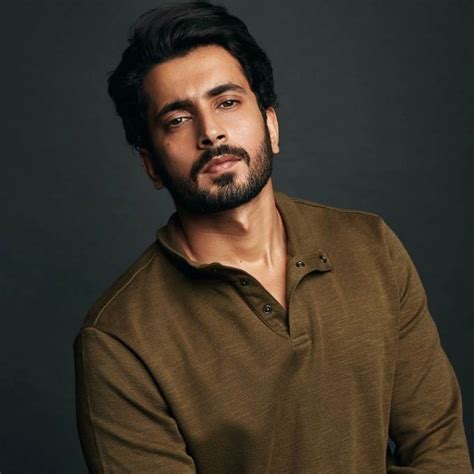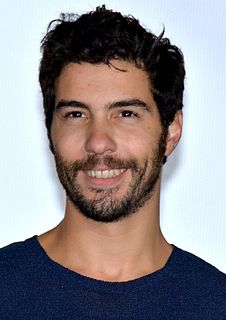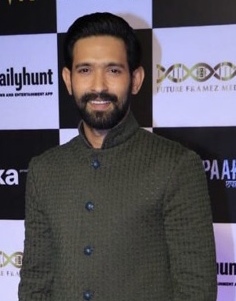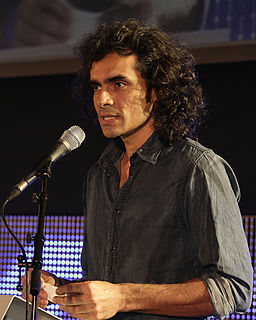A Quote by Sameera Reddy
An actor is an actor. There should be no labelling - mainstream actor, art film actor, serious actor, comic actor.
Related Quotes
Being an actor in TV or movies is different. A film or TV actor, if put in theatre, won't know certain dimensions, while a theatre actor won't know certain things when he comes before the camera. So I think a film actor can learn emoting from this theatre counterpart, while the theatre actor can learn about camera techniques from the film actor.
The muscularly developed actor is not seen as a serious actor although he should be seen as a serious actor because he has been preparing for these muscular roles his entire life. If you can dedicate years of your life to hitting the gym and dieting and eating right you can definitely take a movie role seriously.































